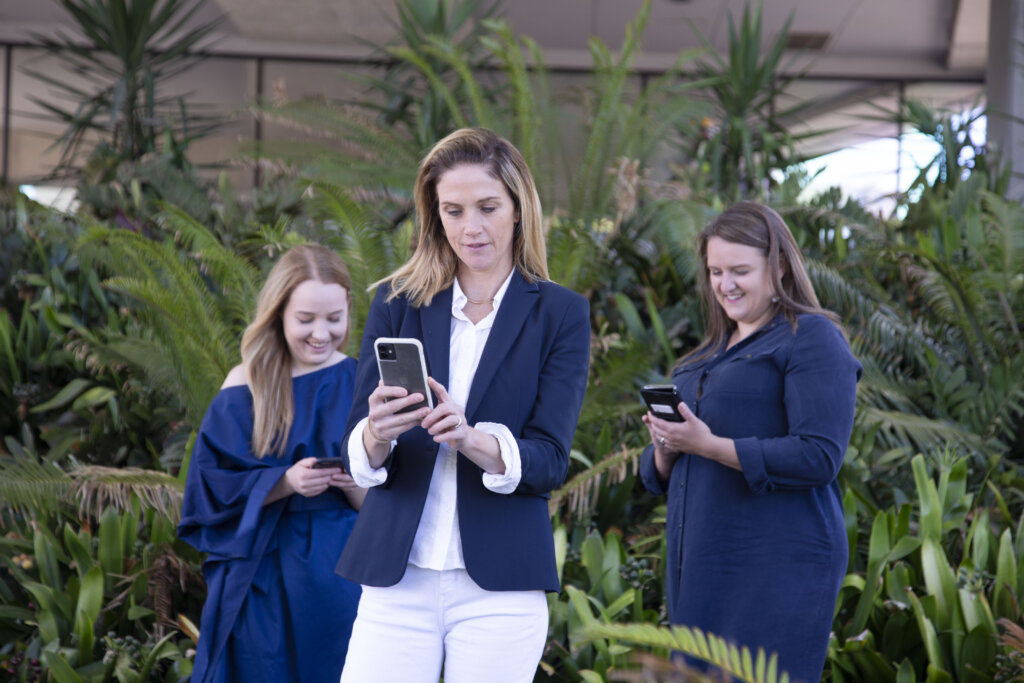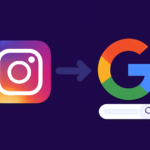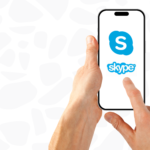Social media has transformed marketing, serving to increase its importance. Its use, and the resulting effect it has on all industries and the businesses that use it, continues to grow on a daily basis.
With over 16,500,000 monthly active users on Facebook, 16,000,000 on YouTube, and 9,000,000 on Instagram in Australia, as at November 2020, the numbers are staggering and continue to grow.
Social media users in Australia are some of the most active in the world. Approximately 60% of the population are active users on Facebook, of which 50% log into Facebook at least once per day.
COVID-19 has further impacted social media usage, resulting in a significant increase in users and usage globally. Isolation, lockdowns and closed borders have pushed people to tap into their digital resources and develop, or further entrench, online communication habits. Many have used social media platforms to connect with loved ones, share information, research and purchase items, and simply pass the time.
COVID-19 aside, social media has greatly changed the communications landscape. People can now simply log on, write what’s on their mind, offer a (sometimes unsolicited) review, and share it with their circle of influence. Their circle of influence can be vast, with no physical limitations on interstate or international borders or boundaries.
There is no doubt that as social media has evolved, it has transformed marketing, impacting consumer behaviour.
For marketers, social media provides a useful and powerful tool to connect with target markets. It’s one of the most direct ways to engage with an audience, foster positive relationships and build brand reputation.
Here are some of the ways social media has transformed marketing:
Even out the playing field
The advantage for small and large businesses alike is that it is simple to set up a business page and start posting without requiring financial commitment. The only cost to your business is time. Time to develop content and engage directly with your target market.
To broaden reach, a business may consider paid advertising. Strategically placed paid social media is relatively inexpensive and can be more targeted than traditional media.
Increases website traffic
Customers no longer search for businesses in phonebooks, magazines, or newspapers. Most people either ask their friends or search online.
A business’s primary goal should be to rank on the first page of Google (or equivalent search engine). Social media content will support securing a higher ranking.
Additionally, publishing consistent, quality content that is engaging can encourage people to visit your website.
Equally, if your business website and social media pages dominate online searches, it is likely that consumers will click on your business link, leading them further down the sales funnel.
Supports lead generation
Whether your content is organic or paid, social media provides an excellent platform to create excitement around your brand and lead consumers to your website. This might be achieved through the development of a blog, competition, free offer… the list goes on.
Groups
Being part of a group can help connect your business with their niche consumers. As part of a group, you or your business can become recognised and respected by your customer community, which helps build your brand. By contributing to groups, you can create a voice and build an audience that will listen. Over time you can position yourself, or your business, as a leader, gaining audience trust. Your target market is more likely to shop with a company they trust.
Increase brand awareness
Social media is an effective platform through which to build brand awareness.
Incentivising and converting your offline customers to follow your social media platforms is a good way for your brand to feature in their online world. Loyal followers who support your brand will spread this good will amongst their circle of influence and thus build your brand.
Customer feedback
Today’s consumers expect to be able to read brand and business reviews and testimonials on social (and digital) media channels. It’s online ‘word of mouth’.
Referrals and testimonials are important for building brand trust and are relatively simple to acquire. Not fulfilling this expectation can damage your customer service experience.
Social media provides a valuable platform for reviews (particularly Facebook and Google pages), and comments received on posts are indications of customer satisfaction.
Additionally, comments on social media should be answered quickly by your business as they offer a direct opportunity to engage with your customers.
No more business cards
Platforms like LinkedIn are proving to be more effective than a paper business card. Some users are moving towards “digital business cards” which allow people to create a free a customised online business card.
Connection with Influencers
Engaging with influencers is a good way to reach niche groups and is a particularly effective tactic with Millennials or Gen Z consumers. For these younger consumers, influencers often set the trends and can provide the first touchpoint to discover new brands.
Evidenced changes in consumer behaviour and increased usage of social media platforms has supported the transformation of marketing forever.
If you are not using social media in your marketing tool kit reconsider, your business is missing out.







